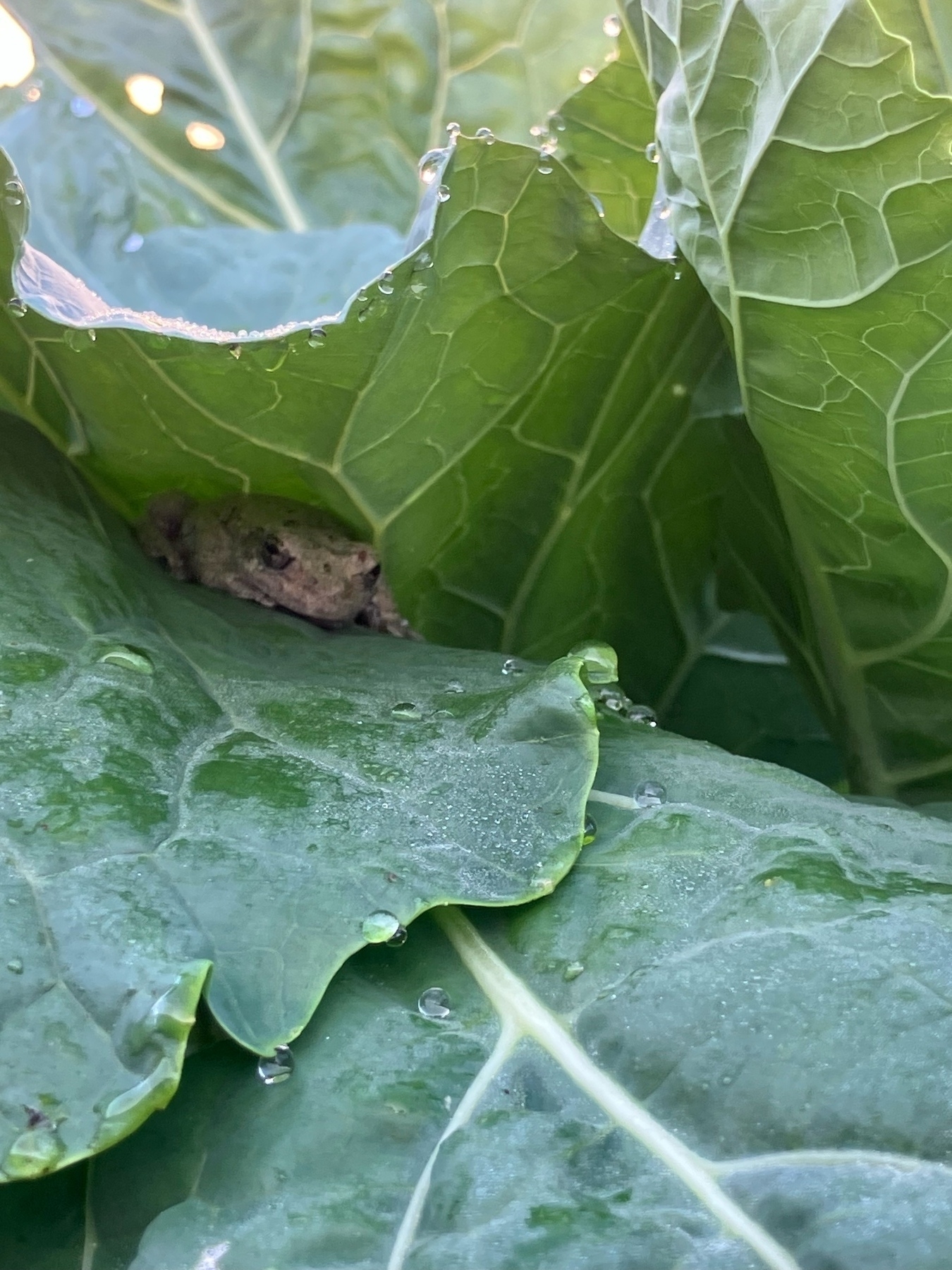Talking head says “apocalyptic beliefs based on biblical prophecy should have no bearing on Middle East policy” and, well, sure, okay, but everyone has an apocalyptic belief nowadays. This is the problem with the supposed “view from nowhere”: it can’t see the nose in front of its face.
Anthem of place: ”Ozark” by Jesse Welles
Jesse Welles’ new song “Ozark” feels particularly lyrically rich. Here’s a sketch of what stood out to me. I was born up on the hill though I am being born still Personal participation in the ongoingness of creation. I was carried down to the river valley on the big bend of the Arkansas Carrying the baby to a special place in the river valley. Presentation of the child to the spirits of place.
A post of mine from three years ago today: “Life within limits”
The penny dropped for me this morning: Indiana removed some wetlands protections a year or so ago. Then I read recently that a huge Amazon data center in northern Indiana is trying to concrete over a wetland on their 1200 acres. Convenient, huh?
Some garden photos from this morning. It’s Limestone Heritage Festival weekend here in town and the heat advisory has ended just in time. The parade always lines up in front of our house. Who doesn’t love a small town parade?




Excellent post by Brian Miller on lessons from his father. I truly, truly wish for more men like this today.
I’m caught up on all the available seasons of the new iteration of All Creatures Great and Small. The pre-WW2 seasons were exactly what I was looking for: low-stakes, low-drama. The onset of the war changed that, of course. But I’m totally hooked at this point, despite all the feels it gives me.
The world is a mess and will only get worse. But that world isn’t our world. That world — the world of wars and strife and empty glittering things — has no place for beauty and no place for us. Instead, all that is possible and all that is powerful are the worlds we create around us, the sanctuaries we build for the distinguished guests who arrive to create with us. Not one sanctuary and not one garden, but many sanctuaries and many gardens. Connected and transversed by the flights of birds and the commutes of hares, not one world, but many, many worlds built by each of us and where we welcome each other also as distinguished guests.
Rachel found a little friend in the collard greens today.

Song of the day: “Que Sera Sera” 🎵